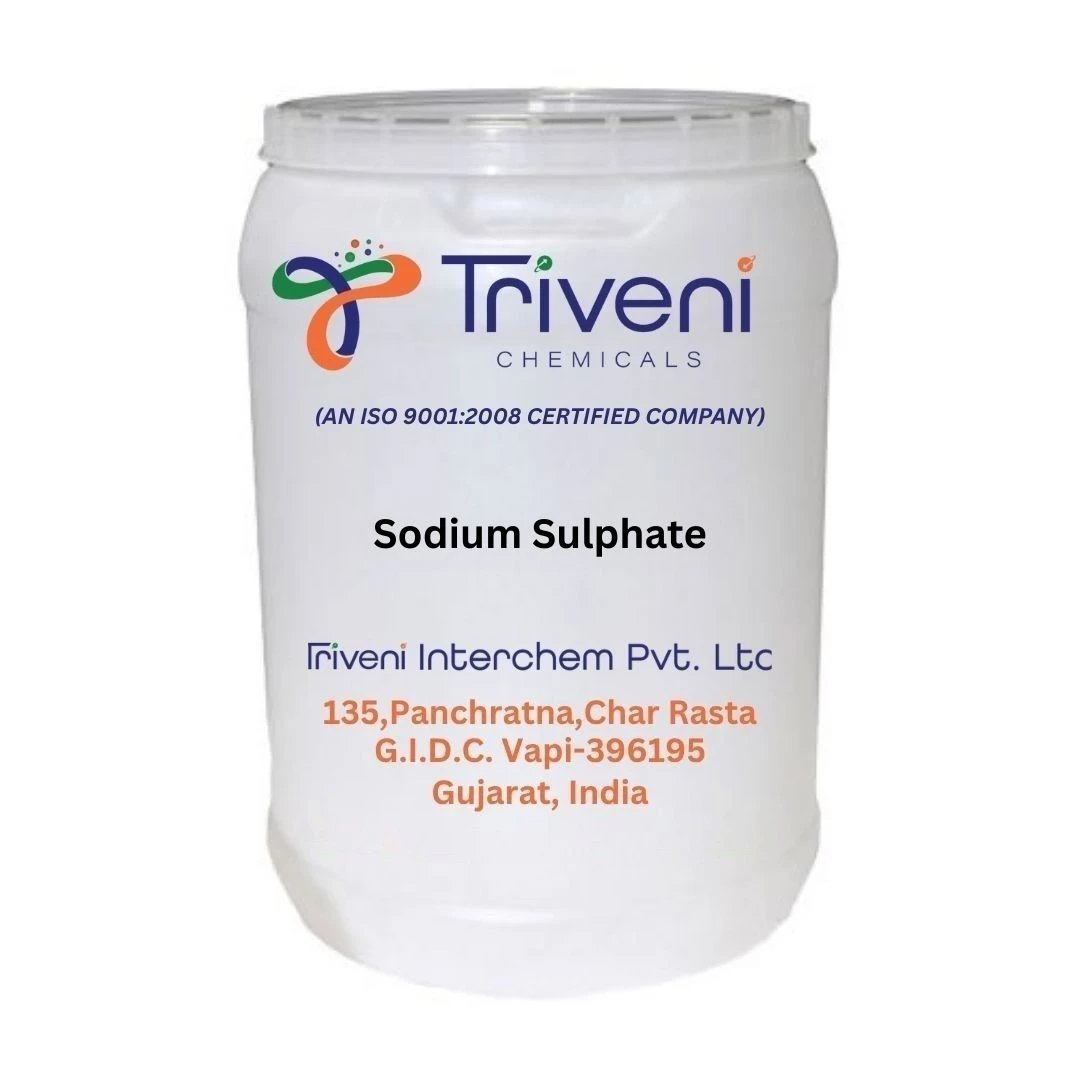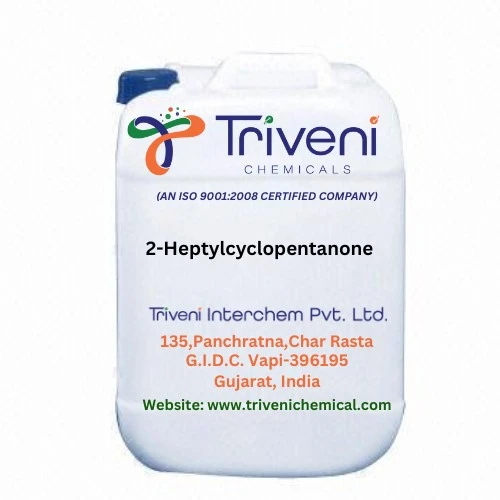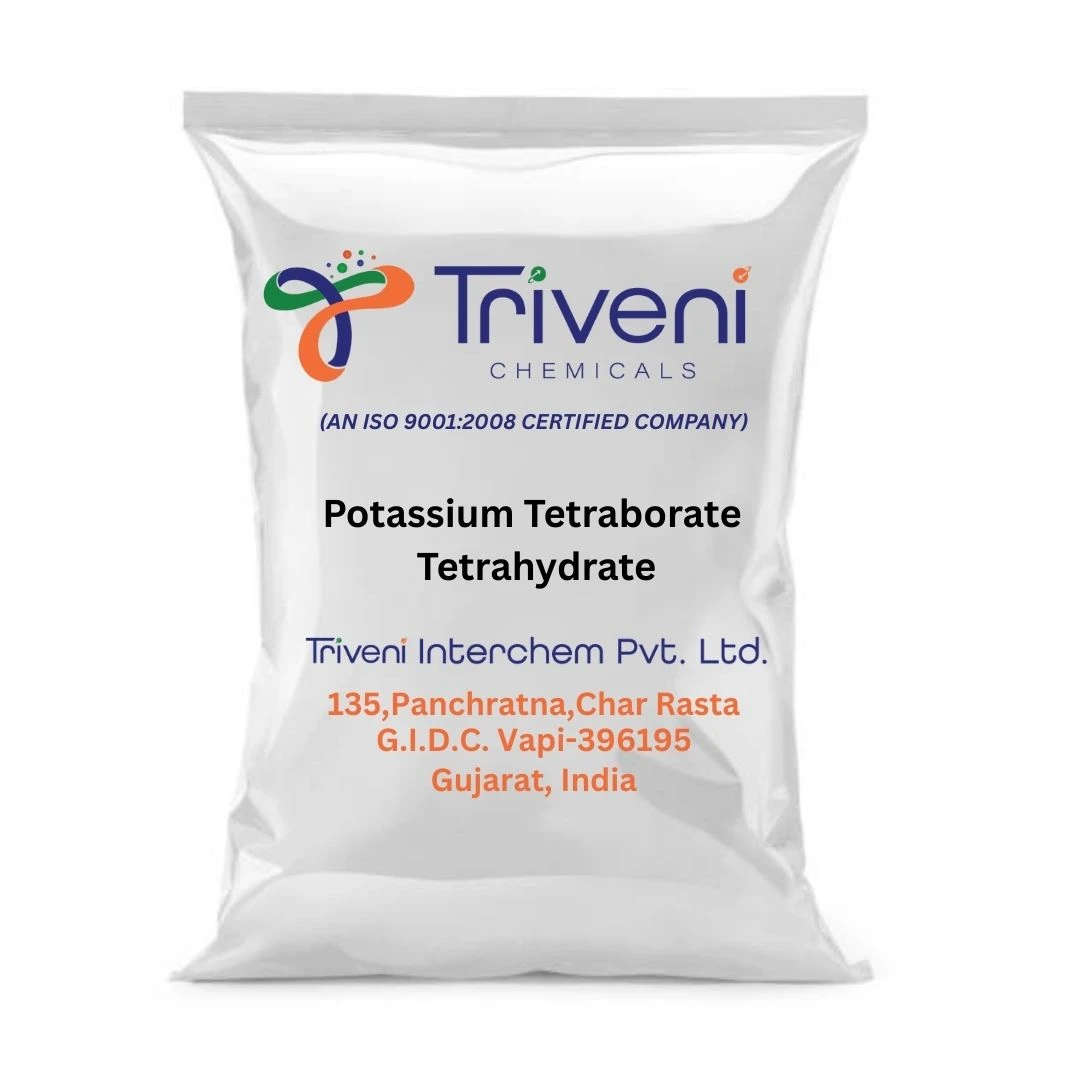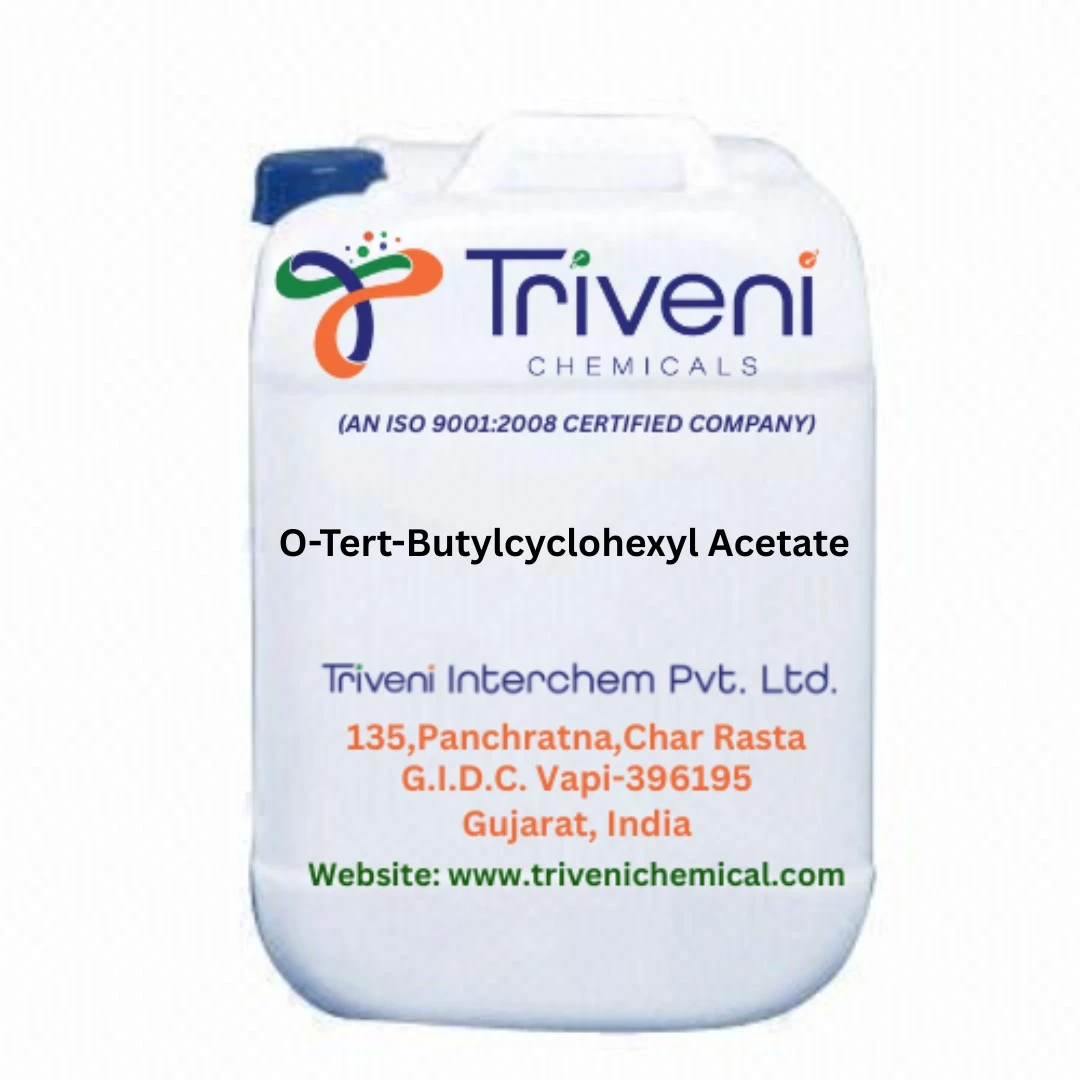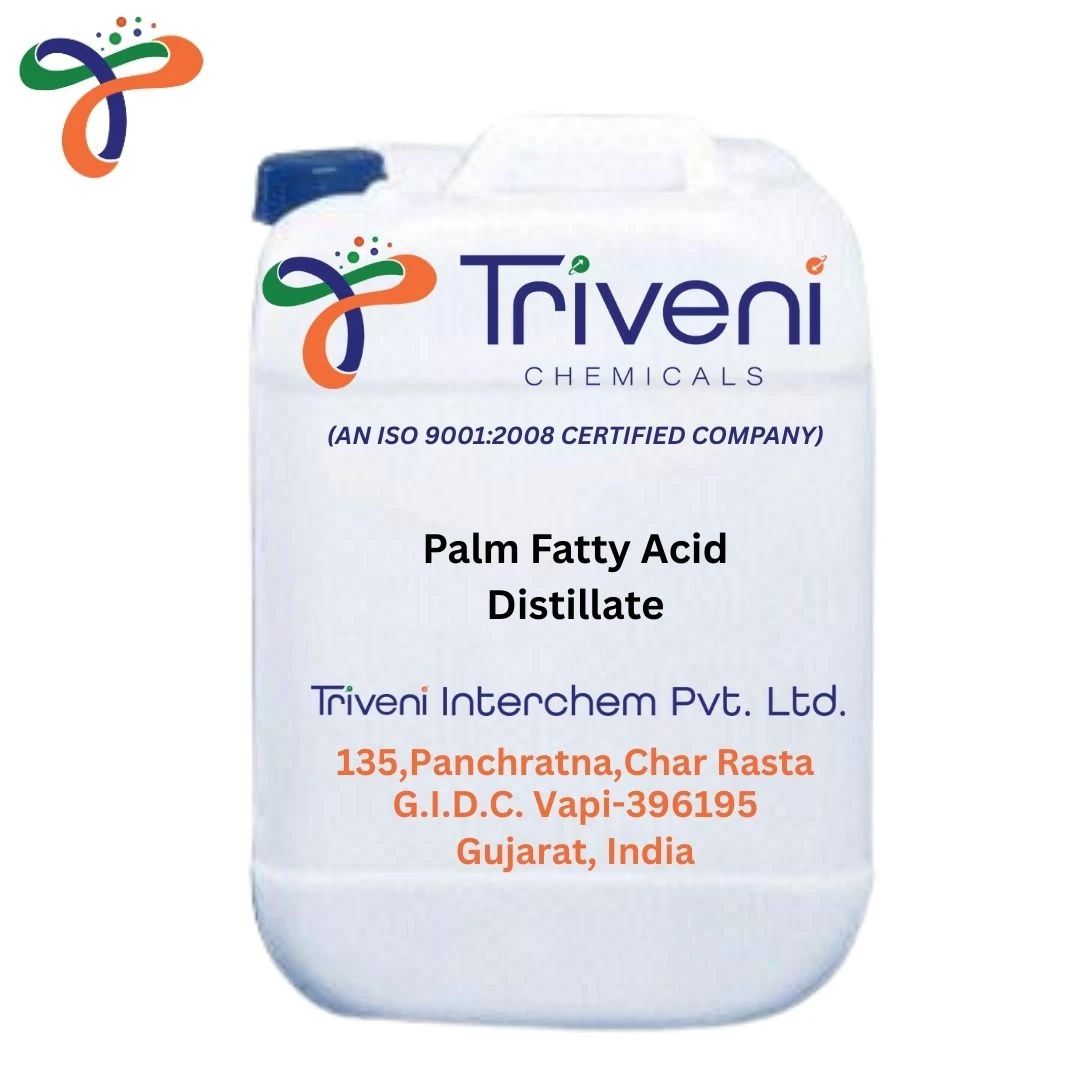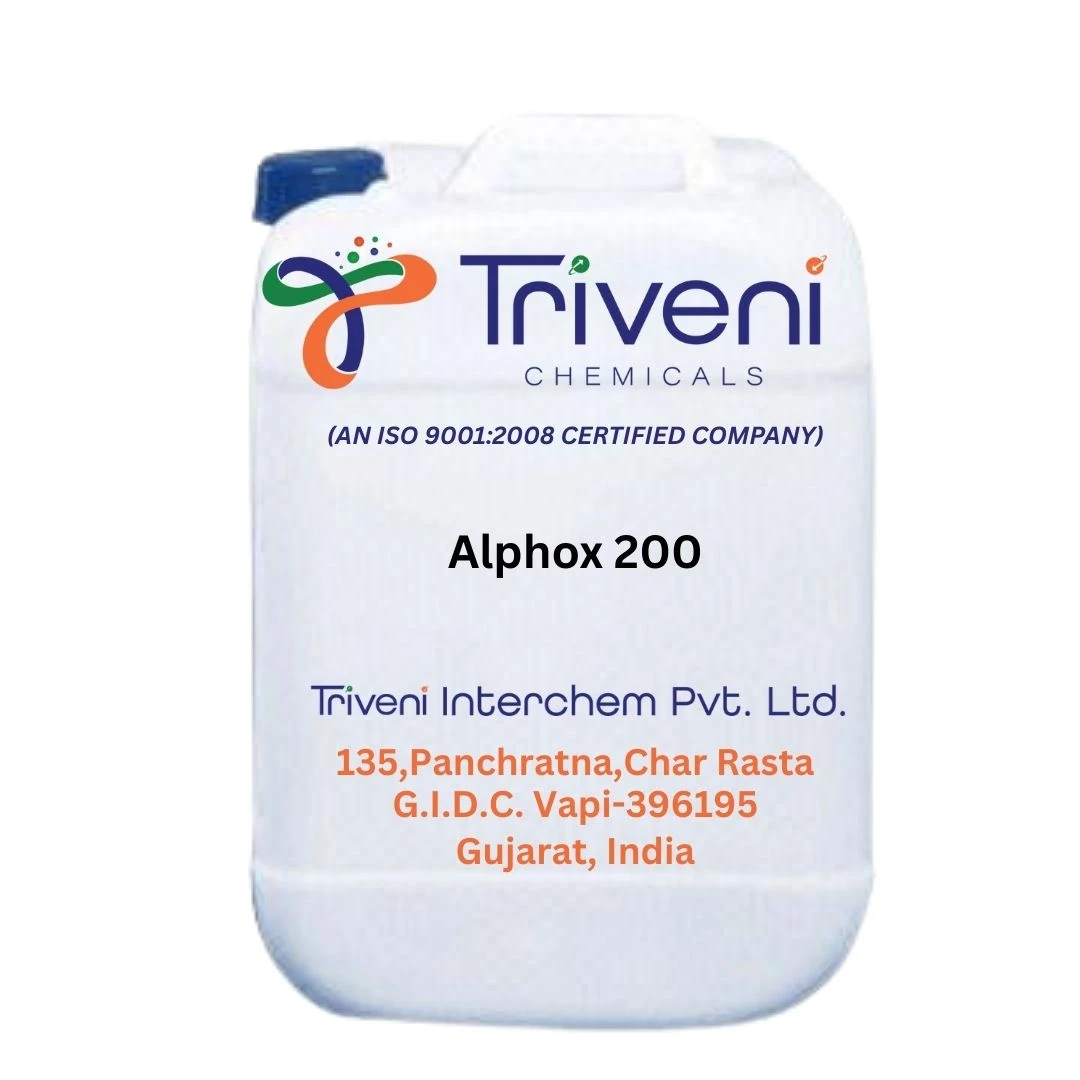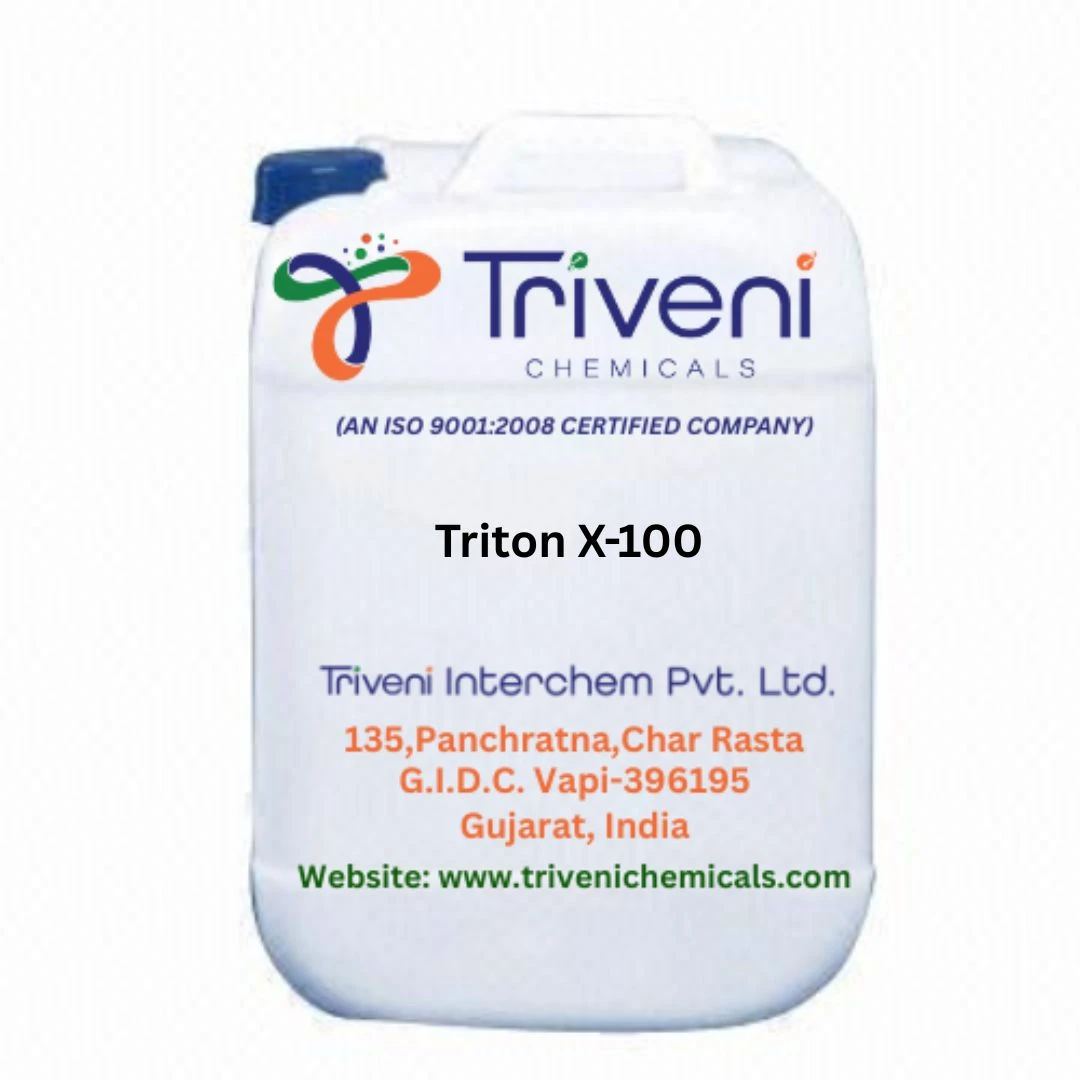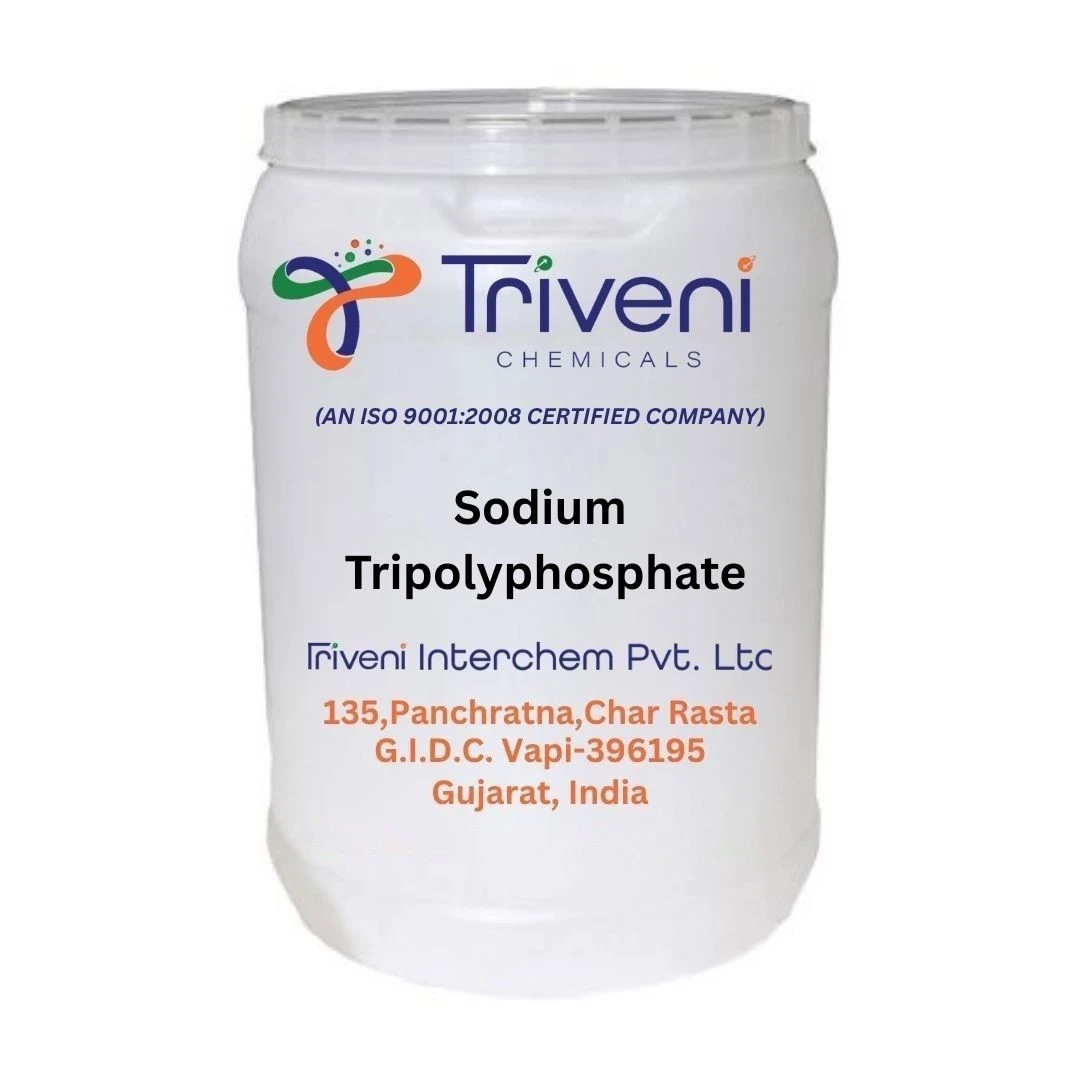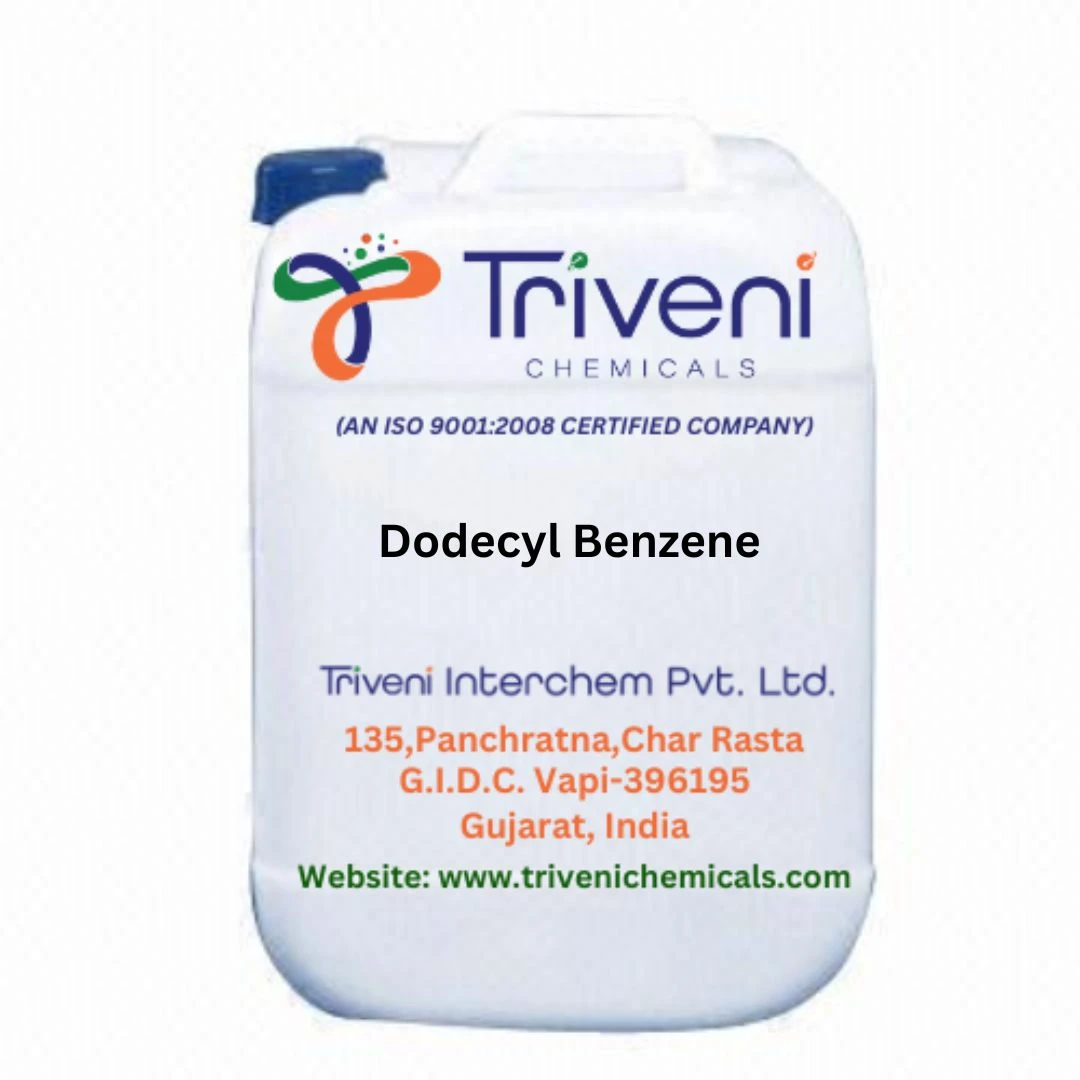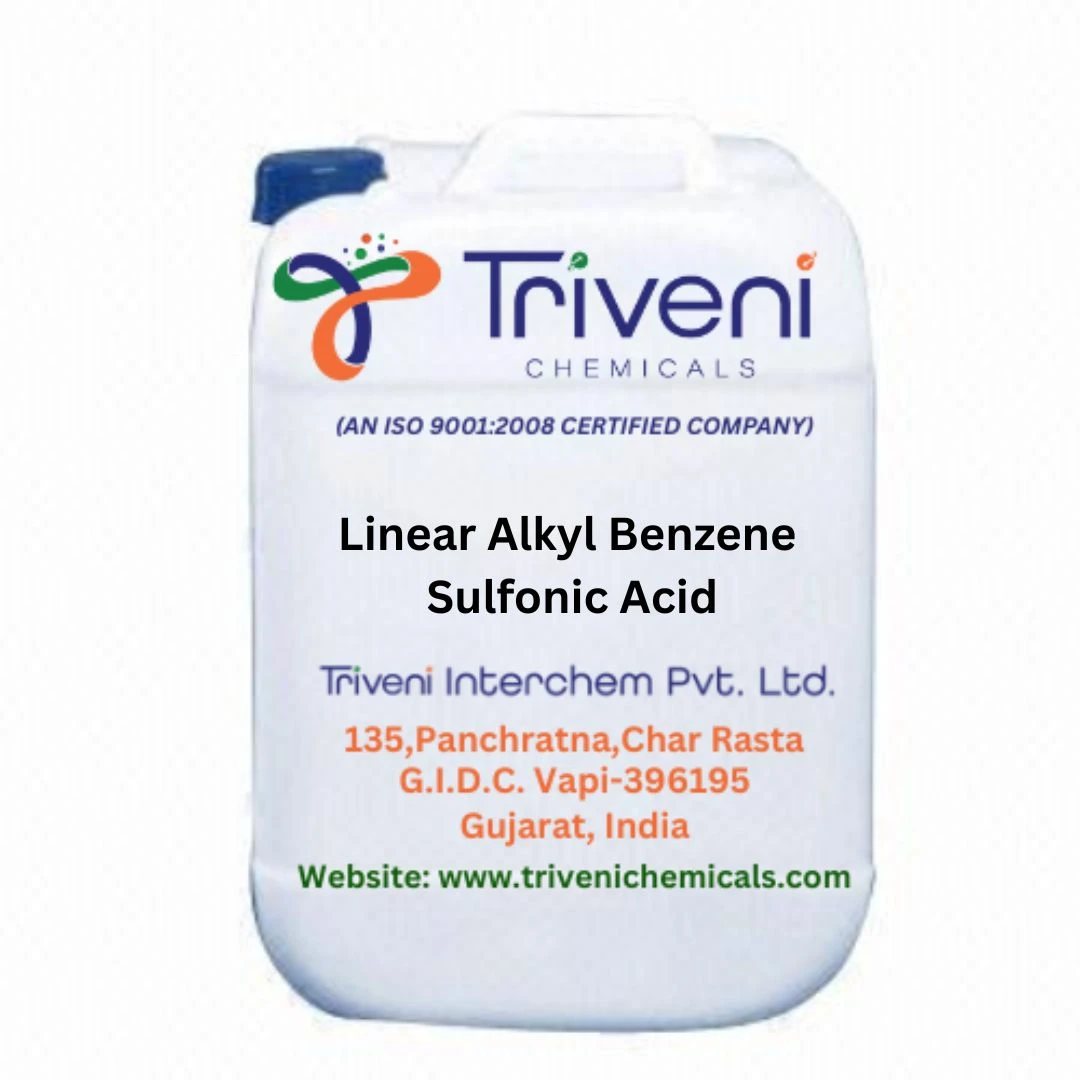A group of chemical substances known as detergents are primarily created for cleaning and removing oil, stains, and filth from various surfaces. In our daily lives, they are essential, being used for everything from laundry to dishwashing, housecleaning, and even industrial applications. In order for water to penetrate and dissolve..
A group of chemical substances known as detergents are primarily created for cleaning and removing oil, stains, and filth from various surfaces. In our daily lives, they are essential, being used for everything from laundry to dishwashing, housecleaning, and even industrial applications. In order for water to penetrate and dissolve the bonds holding dirt to the surface being cleaned, detergents are designed to lower the water's surface tension. Detergents have an amphiphilic character, which means they contain both hydrophilic (water-attracting) and hydrophobic (water-repelling) components. Detergents can interact with nonpolar substances like water and oil and grime thanks to this special characteristic. The detergent molecule's hydrophilic component combines with water to create micelles, or microscopic clusters, which enclose and suspend the filth particles. The detergent's hydrophobic tail, meantime, binds to the nonpolar components, making it simple to rinse them away with water. Synthetic detergents and soap-based detergents are the two basic categories into which detergents may be generally divided. Traditional soap is created by chemically converting natural fats and oils into soap molecules, a process known as saponification. Cleaning with soap-based detergents is successful, but they are limited by the presence of calcium and magnesium ions in hard water, which can result in the formation of intractable scum. Synthetic detergents, on the other hand, are made with synthetic surfactants that are more resistant to the effects of hard water and were created in reaction to the drawbacks of conventional soaps. These detergents are a mainstay of contemporary cleaning supplies and are effective in a wide variety of water hardness levels. They are further divided into numerous groups, including anionic, cationic, nonionic, and amphoteric detergents, each of which has distinct characteristics and uses. Detergents are widely used in cleaning as well as in the agricultural, automotive, and healthcare sectors, where they are used for things like pest control, vehicle repair, and sterilization. Detergents are powerful cleaning agents, but it's important to remember that they can have an adverse effect on the environment, especially if they get into waterways. It has been made an effort to provide environmentally friendly, biodegradable detergents that lessen these consequences and encourage a more sustainable method of cleaning in the current world.



